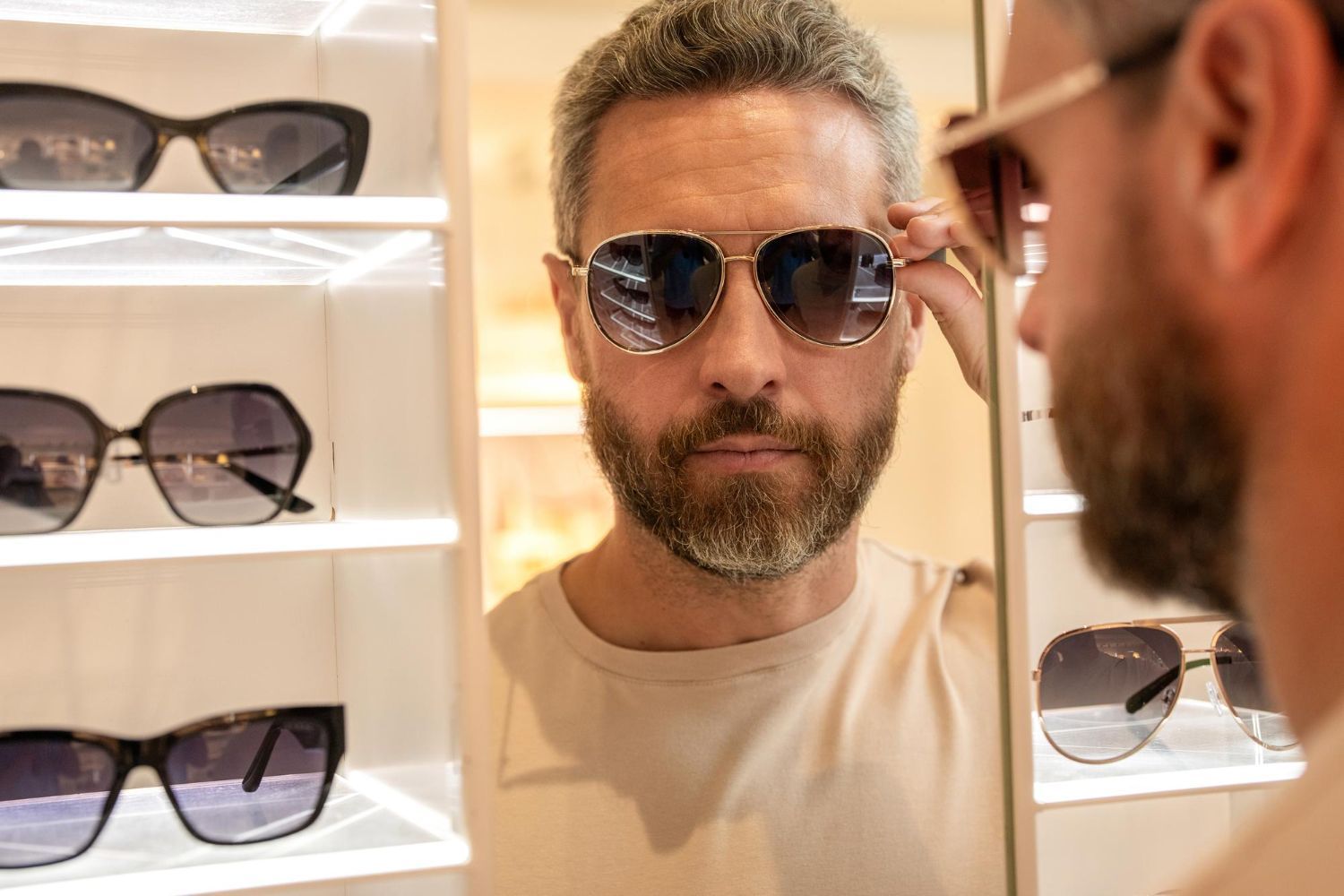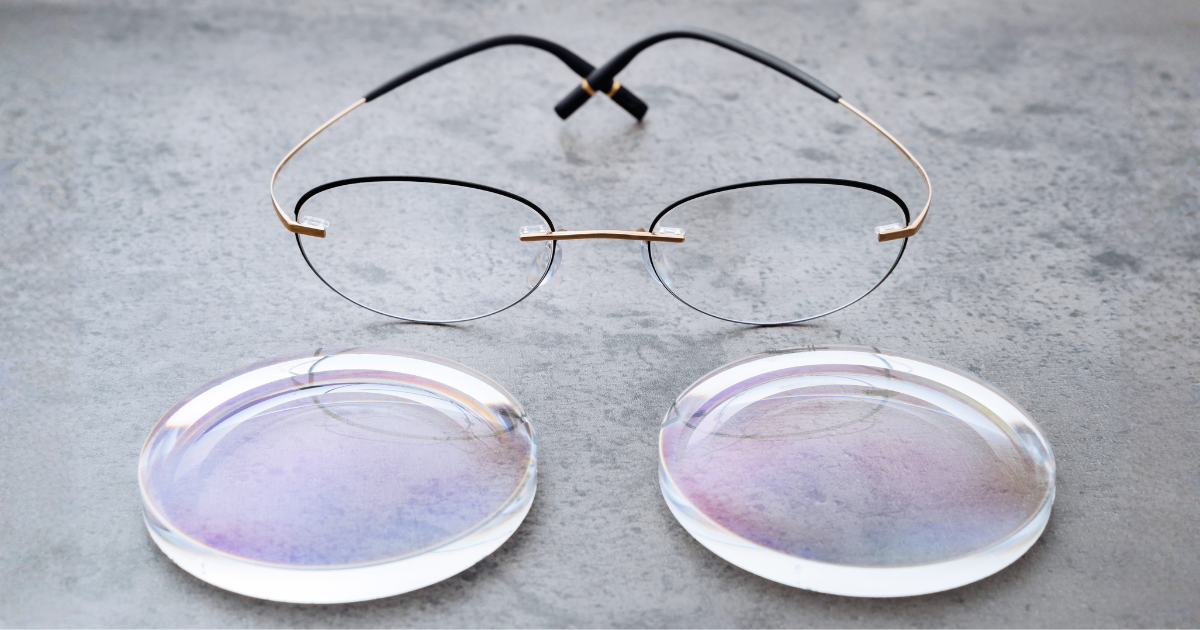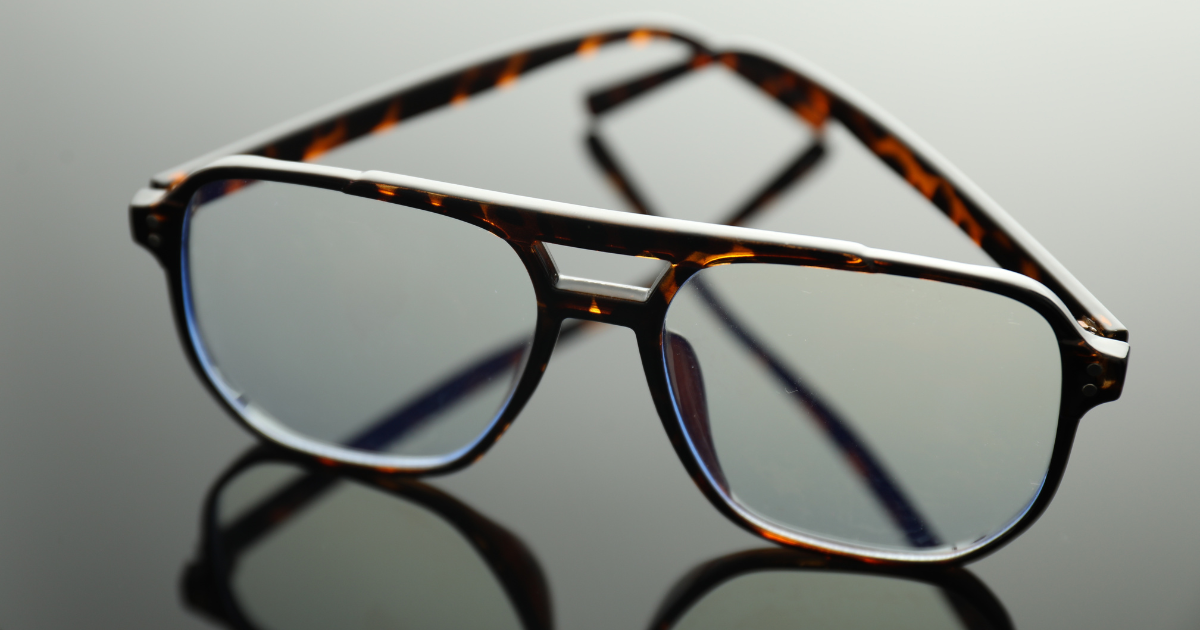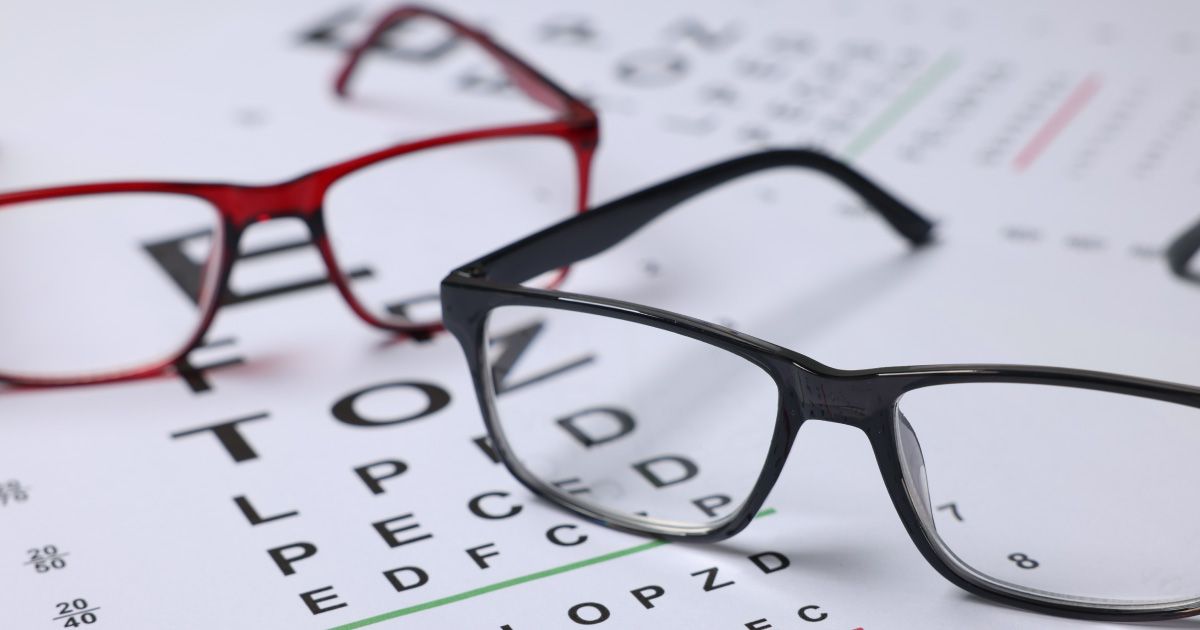Navigating The Psychological Impact Of Vision Loss

Read time: 7 minutes
The psychological impact of vision loss requires delving into the profound emotional and mental shifts that accompany such a significant life change. Vision loss can lead to feelings of helplessness, frustration, and grief as individuals grapple with the reality of losing an essential sense. This experience often triggers a mourning process similar to that experienced after a significant loss, encompassing stages such as denial, anger, bargaining, depression, and ultimately acceptance.
In addition to these stages of grief, vision loss can severely affect one's sense of identity and autonomy. Tasks that were once simple become challenging or impossible, leading to a loss of independence and self-esteem. Social interactions may also suffer as individuals feel isolated or anxious about their condition being misunderstood by others. This can result in withdrawal from social activities and an increased risk of loneliness.
Moreover, the psychological impact extends beyond the individual to their families and caregivers who must adapt to new roles and responsibilities. Understanding these multidimensional effects is crucial for providing empathetic support and creating strategies that promote mental well-being alongside physical rehabilitation for those experiencing vision loss.
The Impact Of Vision Loss On Self-Identity And Self-Esteem
The impact of vision loss on self-identity and self-esteem can be profound and multifaceted, often reshaping how individuals perceive themselves and their place in the world. Self-identity, a construct built from personal experiences, societal roles, and individual capabilities, can be deeply shaken when vision loss occurs. For many people, sight is integral to daily function and social interaction. The sudden or gradual erosion of this sense can lead to a crisis in self-perception.
As vision diminishes, tasks that once seemed mundane may become insurmountable challenges. This transition necessitates a reevaluation of one's abilities and roles within both personal and professional contexts. Individuals might wrestle with feelings of dependency that contrast sharply with prior independence, leading to a redefined self-identity that must accommodate new limitations while seeking new strengths. Self-esteem is often intricately linked to one’s ability to perform everyday activities competently.
Vision loss can strip away this competence layer by layer, fostering feelings of inadequacy or helplessness. Social interactions may become strained as individuals grapple with the fear of being perceived as less capable by peers or society at large. This perception, whether real or imagined, can erode self-worth. Moreover, the internalization of societal attitudes towards disability plays a crucial role in shaping self-esteem post-vision loss.
Societal stigmas about blindness or low vision often perpetuate negative stereotypes that those affected may internalize. Overcoming these stereotypes requires not only personal resilience but also supportive environments that reaffirm one’s value beyond visual capability.
Exploring The Stages Of Grief And Acceptance In Vision Loss
Exploring the stages of grief and acceptance in vision loss unveils a complex emotional landscape that many individuals traverse. When someone experiences vision loss, they often encounter stages of grief akin to those described by Elisabeth Kübler-Ross: denial, anger, bargaining, depression, and acceptance.
- Denial: Initially, denial may manifest as an inability to acknowledge the severity of the impairment or a reliance on hope for recovery despite medical prognoses.
- Anger: This can be followed by anger—anger at oneself, at fate, or even at medical professionals—which stems from feelings of helplessness and frustration.
- Bargaining: Bargaining often emerges as individuals cling to the possibility that their vision might improve through various treatments or lifestyle changes. When these attempts do not yield desired results, depression can set in. This stage is characterized by profound sadness and a sense of loss for the life one envisioned living with full sight.
- Acceptance: Acceptance does not signify joy but rather an acknowledgment of reality and finding ways to adapt. It involves cultivating resilience and seeking support systems—be it through therapy, support groups, or adaptive technologies—that enable one to lead a fulfilling life despite visual limitations. Understanding these emotional phases is crucial for providing empathetic support and fostering psychological resilience in those facing vision loss.
Addressing Anxiety And Depression Related To Vision Impairment
Individuals facing vision loss often experience a profound sense of grief, frustration, and fear about their future. Addressing anxiety and depression related to vision impairment requires a multifaceted approach that encompasses emotional, psychological, and social support. Acknowledging these emotions is the first step toward healing. Professional counseling can provide a safe space for expressing these feelings, while cognitive-behavioral therapy (CBT) can help reframe negative thoughts and develop coping strategies.
Support groups offer communal understanding and shared experiences, reducing feelings of isolation. Additionally, integrating mindfulness practices such as meditation can alleviate anxiety by fostering present-moment awareness. Encouraging loved ones to maintain open lines of communication ensures that those affected feel heard and understood. Together, these approaches create a robust support system to navigate the emotional complexities of vision impairment.
Coping Strategies For Maintaining Mental Health
Navigating the psychological impact of vision loss requires a multifaceted approach to maintain mental health. Initially, acknowledging and processing emotions such as grief, anger, and anxiety is crucial. Engaging in open conversations with loved ones or support groups can provide emotional relief and foster a sense of community. Professional counseling or therapy offers structured guidance to build resilience and coping mechanisms.
Techniques such as mindfulness and meditation can help manage stress and cultivate a positive outlook. Additionally, focusing on what remains within one's control—like learning new skills or adapting daily routines—can restore a sense of autonomy. Embracing adaptive technologies and resources designed for those with vision impairment further empowers individuals, enabling them to lead fulfilling lives despite their challenges.
Importance Of Support Systems In The Adjustment Process
Support systems play a crucial role in the adjustment process for individuals experiencing vision loss, serving as a foundation for emotional and psychological resilience. The presence of family, friends, and support groups can significantly alleviate feelings of isolation and depression, providing a sense of belonging and understanding. These networks offer practical assistance, from navigating daily tasks to accessing resources like counseling or adaptive technologies.
Emotional support from loved ones fosters an environment where the individual feels valued and understood, promoting a positive outlook on life despite the challenges faced. Moreover, connecting with others who have experienced similar struggles can provide invaluable insights and coping strategies. Ultimately, robust support systems empower individuals to regain confidence and independence, facilitating a smoother transition to their new reality.
The Role Of Family Support In Navigating Vision Loss
Family support plays a crucial role in navigating the psychological impact of vision loss. Emotional backing from loved ones provides a sense of security and belonging, which can alleviate feelings of isolation and depression often associated with vision impairment. Families can also assist in practical ways, such as helping to adapt the home environment for safety and accessibility, or accompanying individuals to medical appointments.
Their encouragement fosters resilience and motivation, empowering those affected to pursue rehabilitation programs and maintain social connections, ultimately enhancing their overall quality of life.
Overcoming Social Isolation And Building Social Connections
Overcoming social isolation and building social connections is crucial for individuals experiencing vision loss. Engaging in support groups, both online and offline, can provide a sense of belonging and shared understanding. Participating in community activities tailored for those with visual impairments fosters interaction and camaraderie. It's also beneficial to educate friends and family about the challenges faced, ensuring they offer appropriate support.
Community organizations often provide support groups where individuals can share experiences and coping strategies, fostering a sense of belonging and understanding. Local rehabilitation services offer tailored programs to help people regain independence, while vocational training centers equip them with new skills for employment.
Ultimately, nurturing relationships helps mitigate feelings of loneliness, fostering emotional well-being amidst the journey of vision loss.
Enhancing Quality Of Life Through Resilience And Adaptive Techniques
Navigating the psychological impact of vision loss can be significantly aided by tapping into community resources and leveraging assistive technology. Enhancing quality of life for individuals experiencing vision loss hinges significantly on building resilience and adopting adaptive techniques.
Technologies like screen readers, magnification software, voice-activated assistants, and wearable devices enable those with vision impairments to perform daily tasks more efficiently. These technologies not only enhance functional abilities but also boost self-esteem by promoting autonomy. By integrating technological aids into their lives, individuals can better manage the emotional challenges that accompany vision loss.
Resilience, the capacity to recover from difficulties, can be fostered through psychological support and positive coping strategies. It's crucial to cultivate a mindset that emphasizes abilities rather than limitations. Adaptive techniques play an equally vital role; these include utilizing assistive technologies like screen readers and braille displays, which open doors to communication and information.
Learning orientation and mobility skills can empower individuals to navigate their environments confidently. Social connections also contribute immensely by providing emotional support and reducing feelings of isolation. By integrating these approaches, those with vision loss can maintain independence, pursue personal goals, and ultimately lead fulfilling lives despite the challenges they face.
Share this blog post on social or with a friend:
The information provided in this article is intended for general knowledge and educational purposes only and should not be construed as medical advice. It is strongly recommended to consult with an eye care professional for personalized recommendations and guidance regarding your individual needs and eye health concerns.
All of Urban Optiks Optometry's blog posts and articles contain information carefully curated from openly sourced materials available in the public domain. We strive to ensure the accuracy and relevance of the information provided. For a comprehensive understanding of our practices and to read our full disclosure statement, please click here.


















